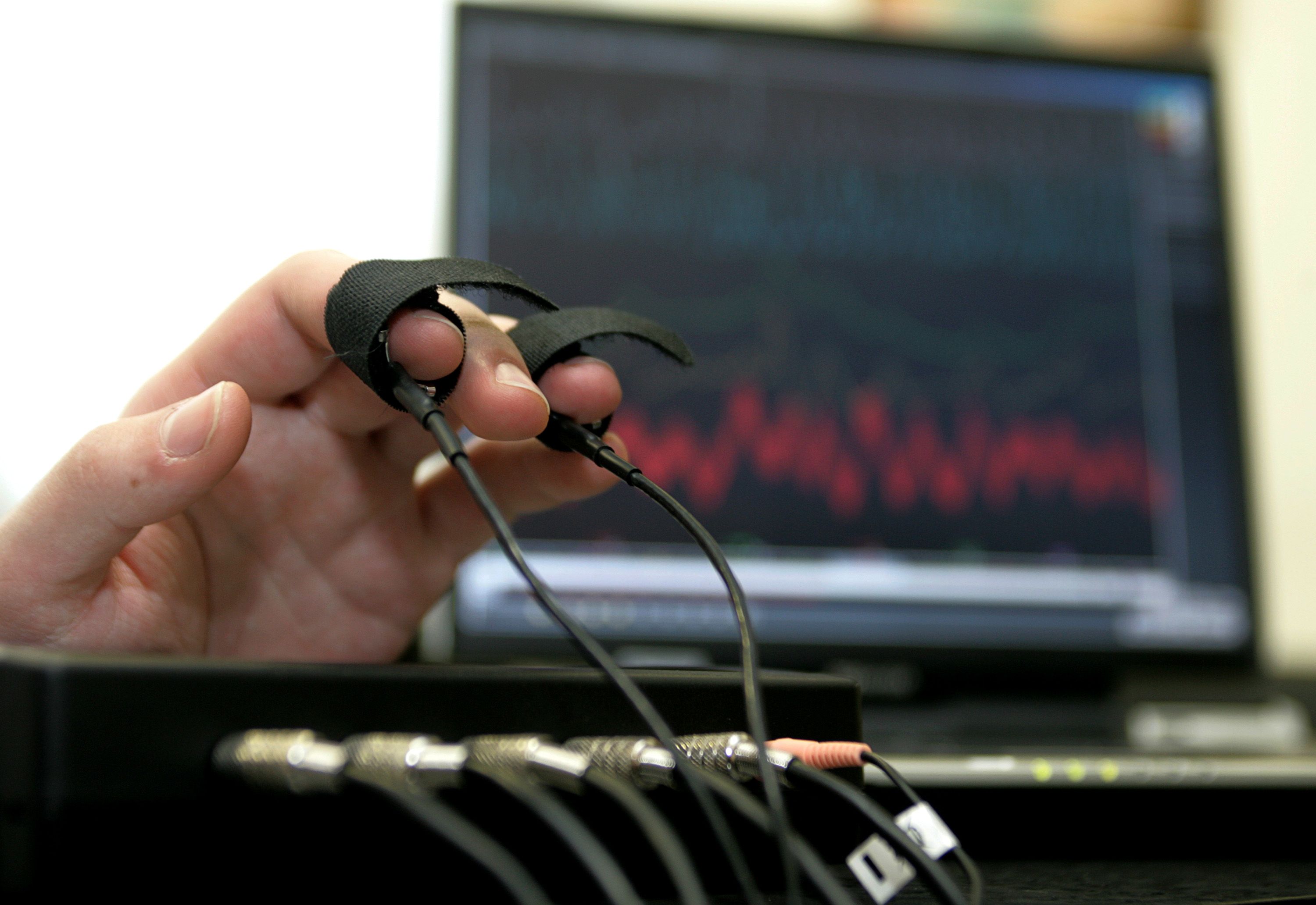Unlocking the Truth: The Power of the Lie Detector Test
Unlocking the Truth: The Power of the Lie Detector Test
Blog Article

In a world where truth and deception often walk hand in hand, the lie detector test stands out as a powerful tool in uncovering what lies beneath the surface. Also known as a polygraph test, this sophisticated instrument is designed to measure physiological responses that can indicate when someone is being deceptive. The idea that our bodies may betray us when we are not entirely truthful is both intriguing and intimidating, leading many to ponder the reliability and effectiveness of such a test. Can our heart rate, blood pressure, and skin conductivity truly reveal the secrets we try to keep hidden? Let's delve into the intricacies of the lie detector test and explore the fascinating realm of truth detection.
History of Lie Detector Test
Lie detector tests, also known as polygraph examinations, have a fascinating history that dates back to the early 20th century. The concept of measuring physiological responses to determine truthfulness was first introduced by William Moulton Marston in the early 1900s.
Lie detector test
The inventor of the systolic blood pressure test, Marston believed that changes in blood pressure could reveal deception. It wasn't until the 1920s that the modern polygraph machine was developed by John Augustus Larson, a medical student at the University of California.
Throughout the years, lie detector tests have been used in various fields, including law enforcement, government agencies, and private sectors. Despite ongoing debates about their accuracy and reliability, polygraph examinations remain a widely utilized tool in investigating criminal activities and screening job applicants.
Accuracy and Limitations
Lie detector tests are not foolproof and have inherent limitations. While they can be an effective tool in detecting deception, they are not always accurate. Factors such as the individual's physiological responses, the proficiency of the examiner, and the testing environment can all influence the results.
It's important to note that lie detector tests measure physiological indicators such as heart rate, blood pressure, and perspiration levels to determine if someone is lying. However, these indicators can be affected by various factors unrelated to deception, such as anxiety, nervousness, or medical conditions, leading to potential false readings.
Furthermore, the interpretation of lie detector test results is subjective and can vary depending on the examiner's experience and biases. Even with its limitations, lie detector tests can still be a valuable tool when used in conjunction with other investigative techniques to uncover the truth.
Ethical and Legal Considerations
When it comes to the use of lie detector tests, there are various ethical considerations that come into play. One key ethical concern is the issue of consent. It is important to ensure that individuals are fully informed of the implications of undergoing a lie detector test and that they provide their explicit consent before the test is conducted.
Additionally, the accuracy and reliability of lie detector tests have been a subject of debate among experts. This raises ethical questions about the potential for false positives or false negatives, which could have serious consequences for the individuals being tested. It is crucial for those administering the tests to be aware of these limitations and to interpret the results with caution.
From a legal standpoint, the use of lie detector tests may be subject to regulations depending on the jurisdiction. In some cases, lie detector test results may not be admissible as evidence in court due to concerns about their reliability. It is important for individuals and organizations to be aware of the legal implications of using lie detector tests and to ensure that they are used in a manner that is consistent with the law.
Report this page